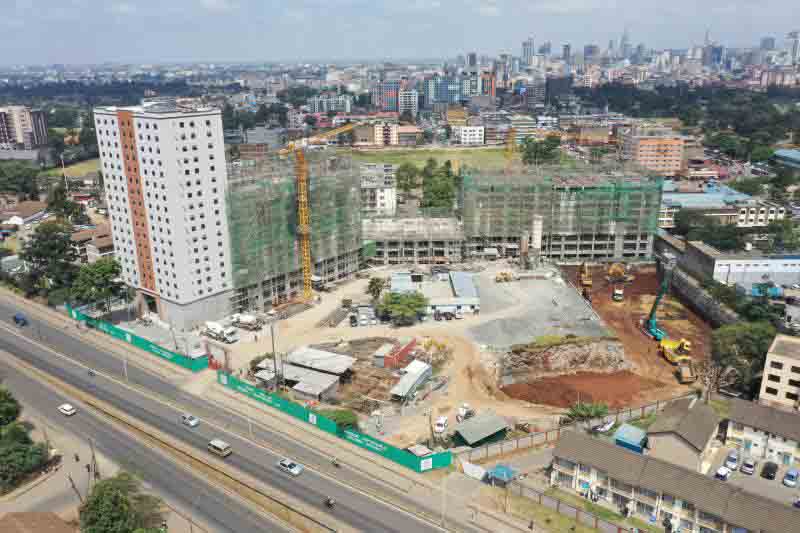×
The Standard e-Paper
Stay Informed, Even Offline

The 17-storey Pangani housing block, with a façade of baked clay, towers above neighbouring buildings.
Here, 1,562 units are set to be ready by the end of 2022 as part of the government’s Affordable Housing Programme (AHP) launched in 2017.







